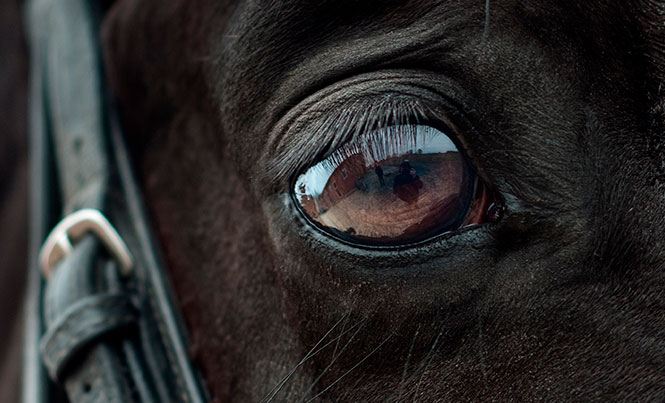
The Playa Times office recently received an email from Susan, a concerned visitor to Cozumel, who was upset by the horse-drawn carriages awaiting tourists from the cruise ships. She wrote “Most tourists are shocked and appalled by these thin, mangy, older, unhealthy horses who stand all afternoon in the sun.”.
In 2012 there were rumors that the carriages would be banned. This didn’t happen, and they have continued to tout their business, although nowadays there are fewer with only 12 calaseros currently in use. The majority are owned by one person, who rents them by the day to the drivers who are supposed to take full responsibility for the horse’ welfare.
I spoke to Lisa Anne Ramirez, President of the Humane Society of Cozumel and long-term resident of the island. The society is dedicated to helping stray and abandoned animals in the community with a focus on prevention through neutering, spaying and an educational program that creates healthy and responsible animal-human relationships. Lisa told me that they had been campaigning for over 15 years to end the calaseros on the streets of Cozumel, and told me heartbreaking stories of horses collapsing in the street. Lisa stated, “It is a stain on the island of Cozumel”.
At the beginning of May, Victor Caballero Duran, who is running as one of the major party candidates for mayor in Yucatan’s capital Merida, launched a campaign to free the carriage horses there, and replace them with horseless carriages propelled by electric. There is always the question of what will happen to the horses and the drivers if it does stop.
Lisa informed us that for the past 10 years, a plan has been in place for rescuing the horses should the need arise, with land near the Humane Society of Cozumel available to rent. A donation of $5000 USD from a private donor has also been set aside for initial preparation of the land, feed and vet care. Maybe Cozumel could also look at electric carriages, but with many job opportunities currently on the island the drivers would be able to find alternative work. Responsible tourism needs to use its voice and if people do not endorse the use of animals they can see are suffering, the suffering can stop.